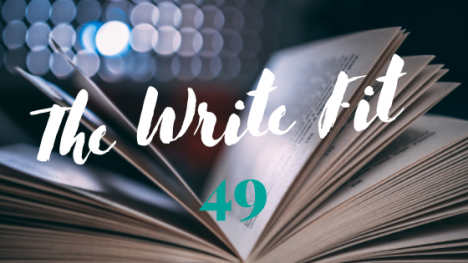
In her (always fabulous) newsletter this past weekend, Ann Handley recommended writers exterminate the word just from their writing.
Ann is, of course, correct. Just is one of a laundry list of words that are basically just padding, or filler words, we should avoid using. They’re the Styrofoam packaging we shove around what we’re actually trying to say.
You’ll notice, if you look carefully, I’m using quite a few filler words myself today. I’m doing it to make a point. How much clearer would the above sentences be without the padding?
“In her newsletter this past weekend Ann Handley recommends writers exterminate the word just from their writing. Ann is correct. Just is one of a laundry list of padding, or filler words, we should avoid using. They’re the Styrofoam packaging we shove around what we’re trying to say.”
Basically. Just. That. Actually. They’re all redundant words. We can remove them and the sentences still make perfect sense.
Here are some other words you can edit out of your copy:
It’s not that you need to delete these words in every instance. If a sentence needs the word to make sense, leave it in. But if the sentence works without it, remove it.
Ann makes the point that words like just can be helpful when you’re creating your first draft. They’re a qualification that gives you permission to say what you want to say. But when you go back and edit, you can give the word the chop.
While Ann is right, I believe there are some other acceptable reasons to keep the occasional filler word.
Firstly, if you want to add a cadence (a rhythmical flow) to your sentence, then filler words can help you achieve the desired metre. This can add a little colour and character to writing. (As a little did then.)
Secondly, a well-placed filler word can slow the reader down, giving them time to consider the point you’re making. Sometimes, that’s exactly what you want. (As sometimes did in that last sentence.)
Thirdly, judiciously used filler words can actually add impact to your writing. They can drive home a point. In fact, I did it just then; did you see?
I could have said “judiciously used filler words can add impact to your writing”. It would have been a cleaner sentence. But including actually adds emphasis to the point I’m trying to make. I’ve empowered it with meaning. Its use here suggests “contrary to everything I have said so far”. The sentence works perfectly without it, but in this case I think it works better with it.
The important thing is to not overdo your filler words or they really will clutter your writing and lose their impact.
Ann is correct (she always is). Use filler words as liberally as you like in your first draft. But you don’t have to ditch them all in your edit. Keep a few where they have impact.
Dan Hatch
3 August 2021
